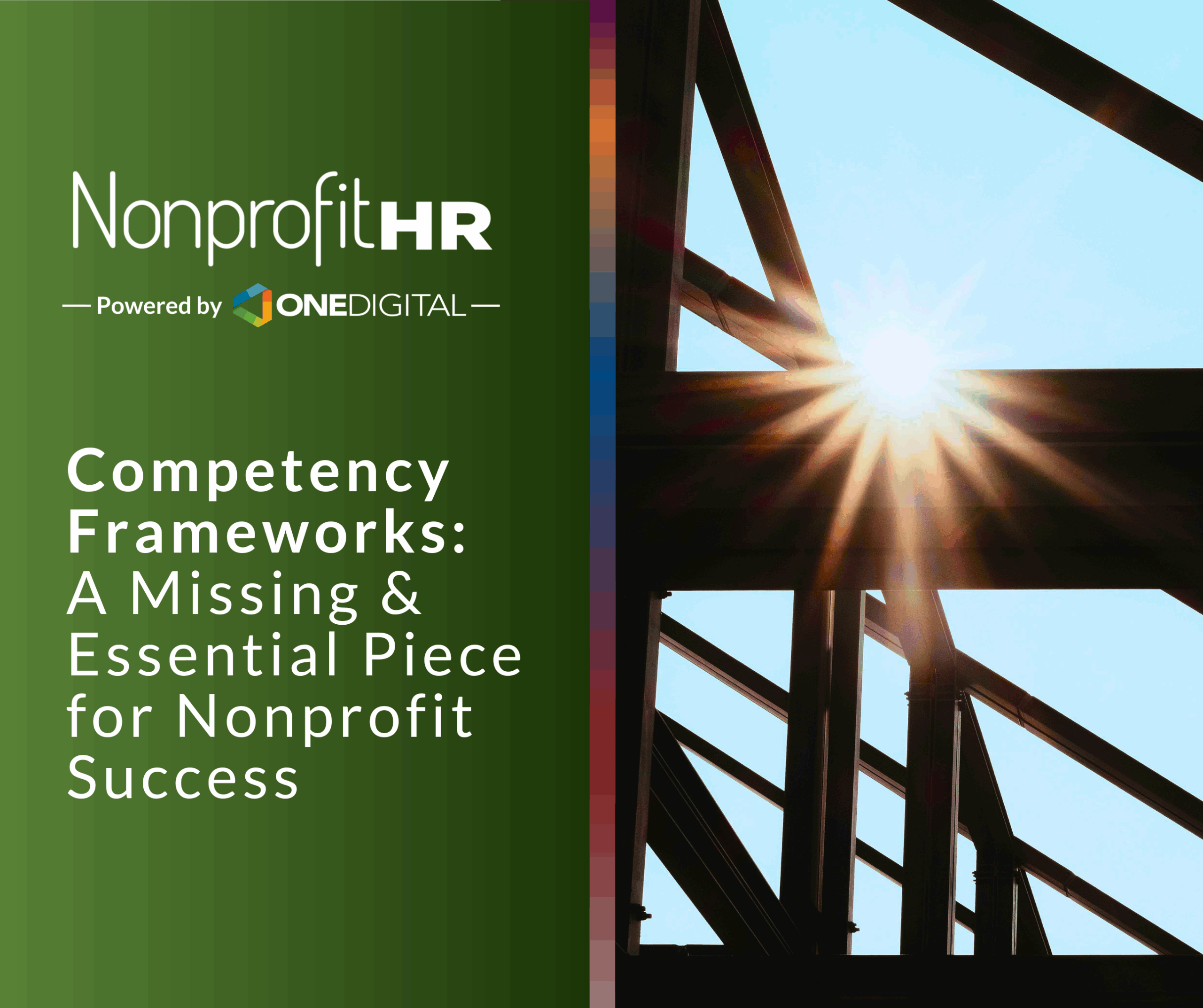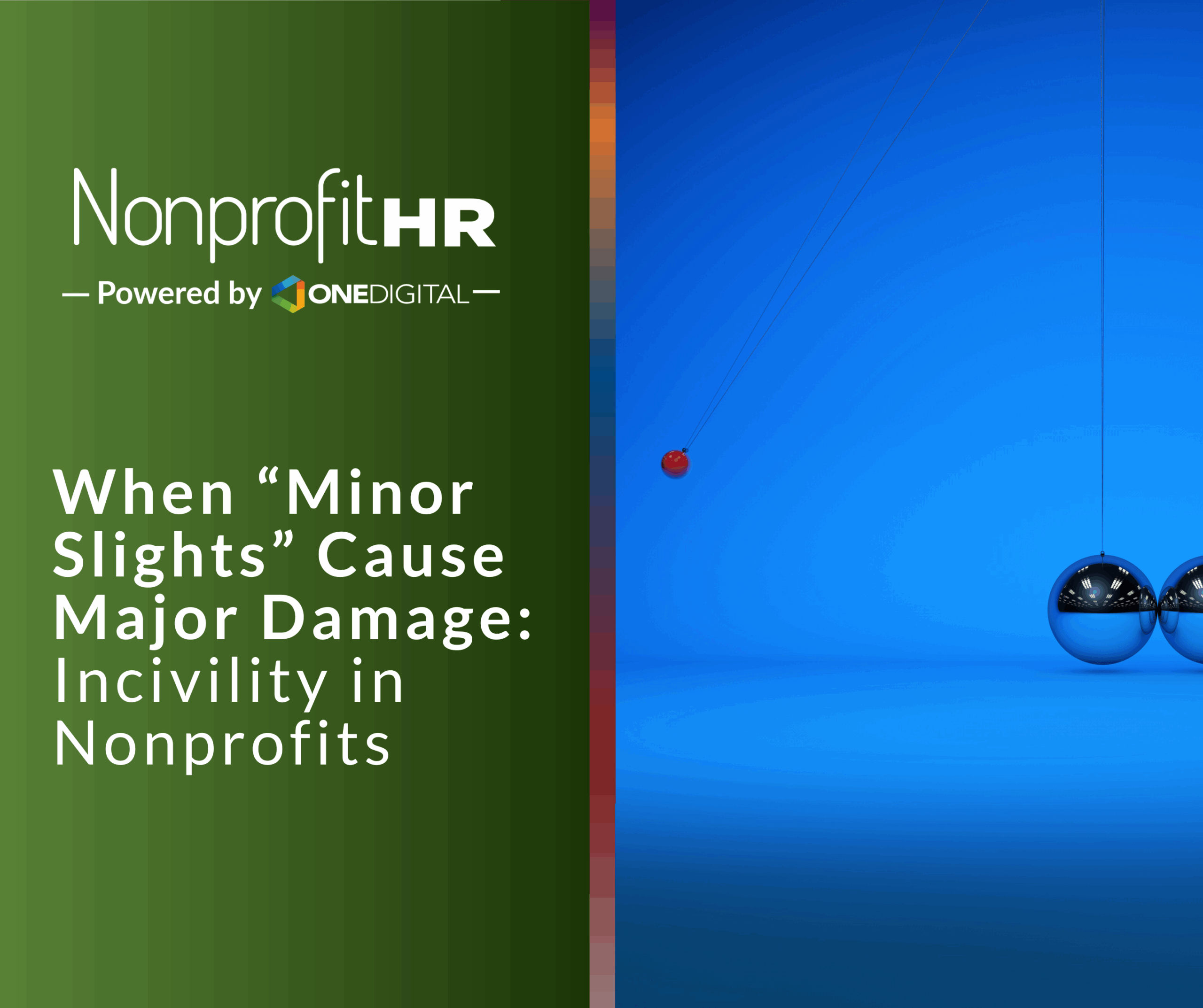WTOP: 5 ways nonprofits can…
Once again a new year starts with the prediction that this will finally be the year that the resume dies. However, as in previous years, no one has bothered to instruct employers and candidates to stop using the resume and with what to replace it.
Jeanne Meister in an article touting that 2013 is the year of “social HR” says,
“In 2013, the traditional resume will be replaced by the breadth and depth of your personal brand.
Before you’re interviewed by a potential employer, expect the recruiting manager or hiring manager to check out one or more of the following sources about you: 1) the top ten searches on your name on either Google or Bing, 2) the number of Twitter followers you have and last time you tweeted, 3) the size and quality of your LinkedIn community, 4) the number and quality of recommendations you have on LinkedIn and 5) your Klout score.
Sound Darwinian? It may be, but it’s already happening. As I noted in my recent blog post on Personal Branding, the software company Salesforce.com recently advertised a position that listed ‘a Klout score of 35 or over’ as one of the key ‘desired skills’ for a community manager position.
And as candidates catch on to employers’ focus on their Internet presence, they will shift their methods accordingly. Taking the lead from innovative applicants like Shawn McTigue, who made this 2:50 video as part of his application to a Mastercard internship, more workers will take a creative approach to marketing their experience.
However we do it, we will all have to accept that a one-page summary of our professional histories, expertise, skills, and achievements – that which we think of as a ‘resume’ – will no longer act as our differentiation in the job market.”
We all appreciate Meister’s excitement about new personal branding mediums available to candidates, but how many HR managers/hiring managers/recruiters nationwide know what a Klout score is?
The resume is the base of all candidate’s job seeking tools. A pile of job applications can easily be reduced just by “grading” resumes and/or cover letters. Can the candidate spell? How good is their grammar? Do they know what job they are applying for?
The soon to be release 2013 Nonprofit Employment Trends Survey (January 14) asked nonprofits about the most popular method for accepting applications among organizations. The winner by a wide margin is the traditional resume or curriculum vitae submitted via email (83%). In comparison, 58% reported accepting resumes/curriculum vitae via mail or fax, about one-third of respondents (36%) reported having an online applicant tracking system, 8% used LinkedIn profiles to accept applications and 3% accepted graphic or video resumes.
We need to also continue to address the ethics of hiring managers scanning the Internet for intel on candidates. What if your candidate has an Internet tag that links them to something the hiring manager is biased towards? Alcohol? Abortion? The Dallas Cowboys? None of these are on resumes, but they are on LinkedIn, Bing and Twitter. The hiring manager then does not engage the candidate and an excellent talent that could have taken that department or organization to the next level is gobbled up by a competitor that knows how to properly screen candidates.
I understand that Meister’s prediction may be en vogue in her peer group. But when only 8% of nonprofits (organizations traditionally known for their progressive hiring practices) are accepting LinkedIn profiles for applications then I think it is safe to say that the reports of the death of the resume are very premature.





























